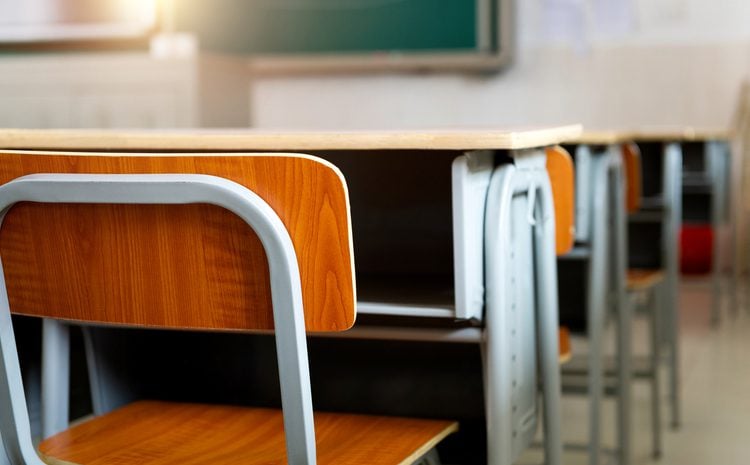
I wrote two blogs, both depending on the outcome. To clarify, I did not want you to read this blog. I voted for a different election outcome with an education agenda I was more excited about.
As the results of the 2024 election become clear and we will embark on a second Trump administration, I believe we will see some sweeping changes to education across our country and in the Hoosier state. The one thing I do hope we don’t get is a Secretary of Education who suggests we arm teachers with guns to protect against grizzly bears.
Several educational initiatives could emerge in the years following the election. Here are nine initiatives that could define education.
- Eliminating the Department of Education: One of the biggest questions is whether we will see the end of the Department of Education during this administration. During the campaign, it was stated that this was possible because, as they described it, the department represents federal overreach. I will note that the same was suggested in the first term with a Republican-controlled Congress, but it never became a true focus.
- Expansion of school choice program: We could see an expansion of school choice programming through vouchers and charter school funding. Some see this as a way to allow families to have choices beyond traditional public schools. Those against it would argue that this expansion could drain resources from traditional public schools.
- Changes to teacher salary and tenure: I believe most agree with the increase in base teacher pay. The belief is that this is the one missing piece in recruitment and retention. The other aspect that causes debate is the push to introduce merit-based pay and abolish teacher tenure.
- Adjustment to academic focus: A shift emphasizing foundational skills like reading and math. A continued focus and support behind the science of reading. Additionally, we could see a push to eliminate the teaching of materials described as “divisive.” Some see this as a way to foster patriotic education; others see it as limiting students’ access to diverse perspectives.
- Increased school accountability: We could return to post-pandemic expectations around school accountability measures. That has been put on hold in Indiana as the state looks to revamp the A-F accountability model. In alignment with other potential educational moves, we could see stricter accountability measures that supporters believe hold schools accountable. In contrast, the other sides see this as a return to teaching to the test.
- Curriculum oversight: The potential for increased oversight with curriculum have many worried. There were threats made during the campaign around cutting funding for schools teaching critical race theory, and promises were made of increased funding for schools that promote a more patriotic education. The push for curriculum oversight is a way to provide transparency for parents.
- Increase parent control in schools: Throughout this election, there was much talk about giving parents back control. It was suggested that a Parental Bill of Rights be supported. This would allow parents to hire and fire school principals. I do believe this would be difficult because the U.S. government has limited power to influence state and school district policy; however, as we know, just about anything is possible.
- Reallocation of federal funding: This initiative could see the conversion of special education funds into potential block grants. It could also see the phasing out of Title I, which supports low-income schools. Many wonder how this could impact low-performing schools that depend on federal funds to educate low-income students and students who identify as multi-language students. This also aligns with the expansion of school choice, which directs funds from traditional public schools toward private and charter schools.
- Emphasis on school safety: We all want schools to be safe spaces for students and teachers. The focus on school safety is important; however, that support for safety has many concerns because the initiative focuses on security measures over focusing on mental health.
Considering these initiatives and proposed shifts, we wonder how these potential changes will impact the future.
Dr. David McGuire is an educator and researcher and hosts a podcast called The Recess Podcast. If you are a Black educator who aspires to be a school leader, click the Research Study Survey and take the school principal confidence survey to provide valuable research data. McGuire can be reached at davidmmcguire14@outlook.com.
Dr. David McGuire is an educator and education reporter. He attended school in Indianapolis, K-12, and is a graduate of Central State University and holds advanced degrees from Indiana Wesleyan University and Marian University. In addition to his work as an educator, he also navigates the education system as a parent.





